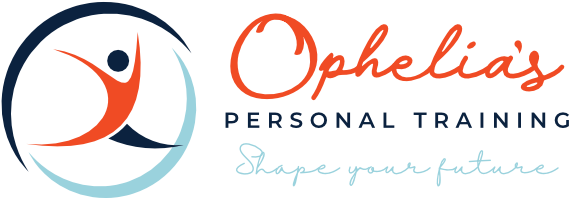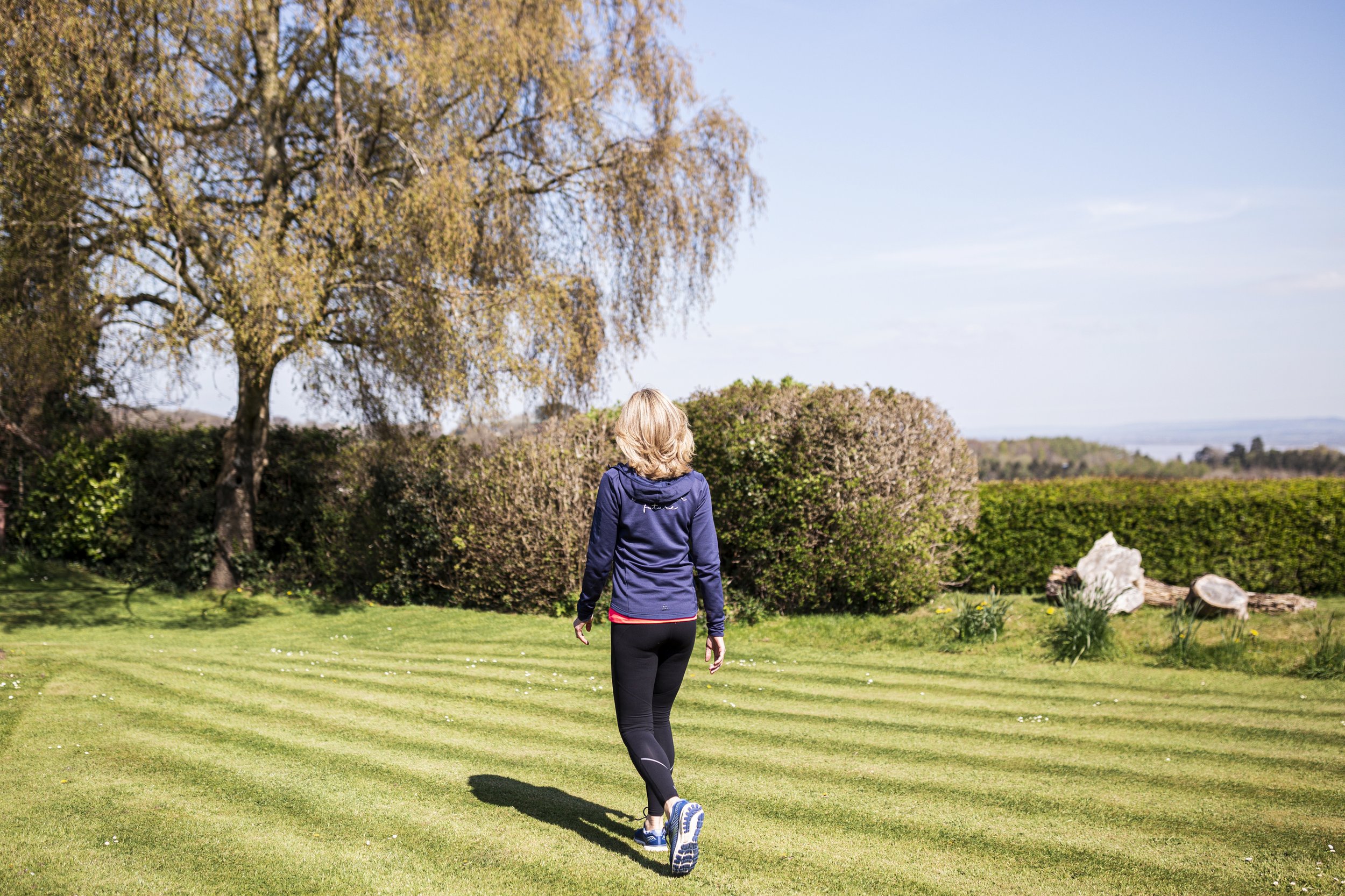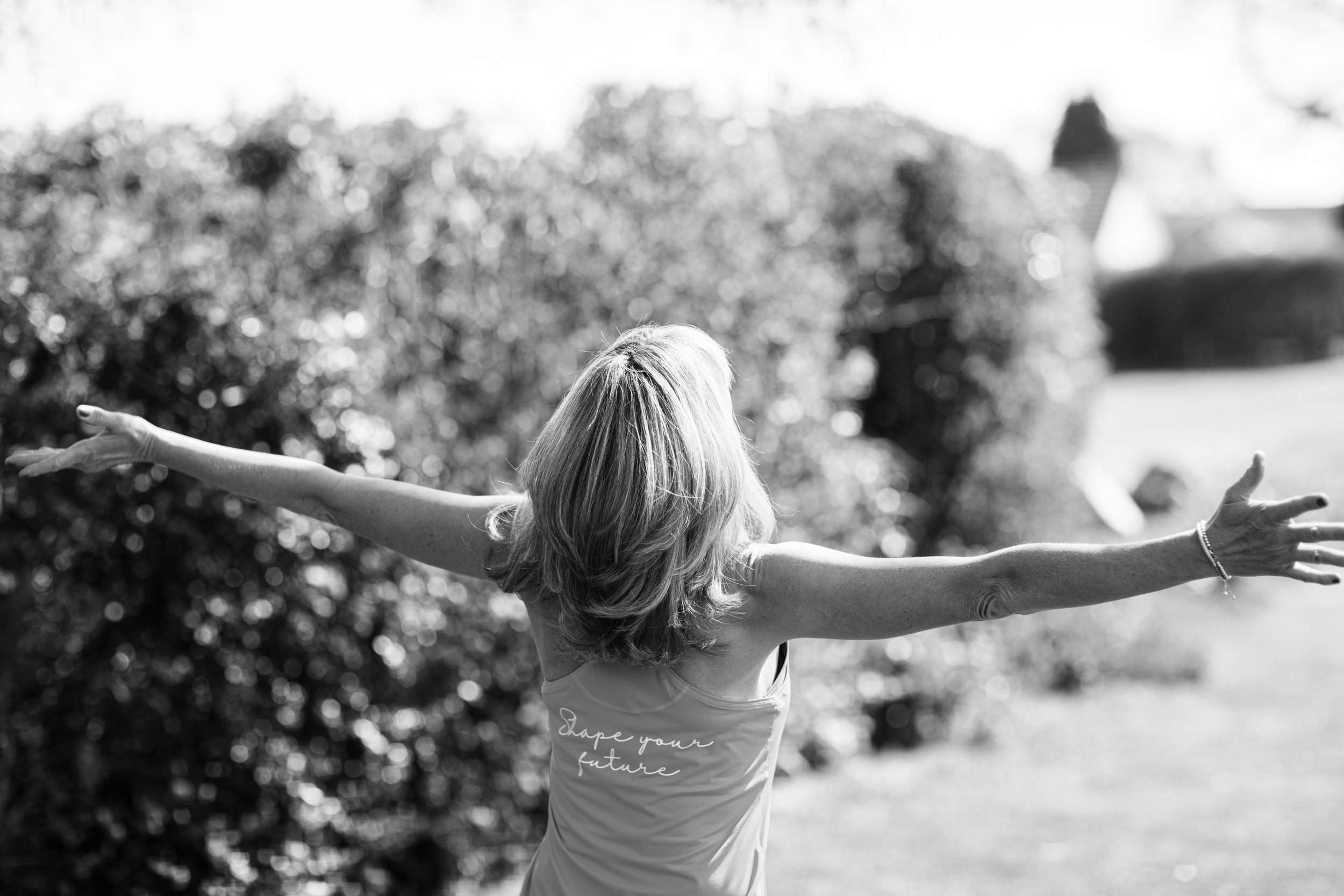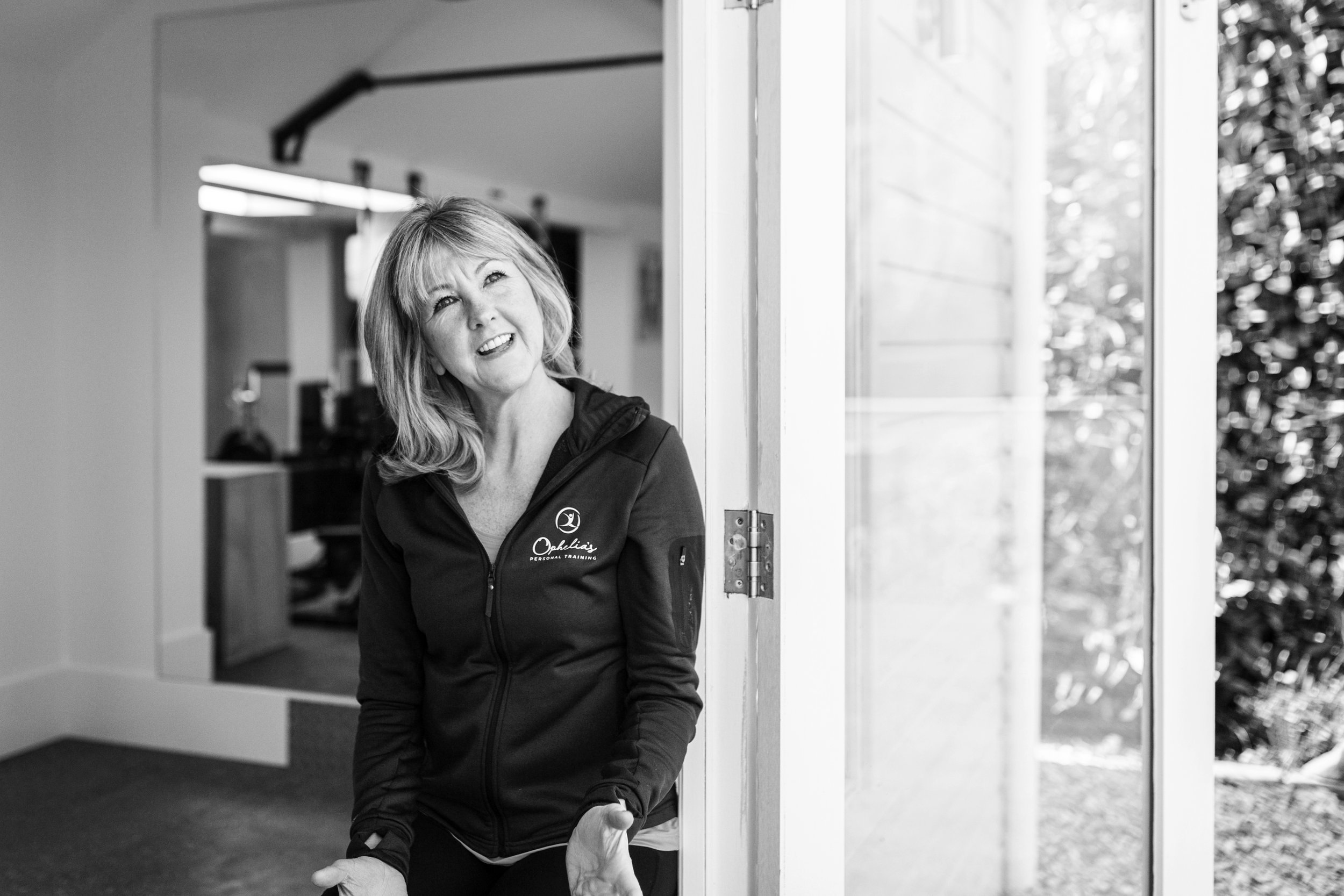
Wellbeing
Stay informed and be inspired when it comes to living a healthy lifestyle.
Understanding what your body needs and how to achieve it are key to making lasting changes that can transform your life.
Search All Wellbeing Articles
Physical Wellbeing
At 57 my goal is to look after my health and wellbeing as well as possible. As a younger person my training emphasise cardiovascular exercise. I would describe my old self as a ‘cardio junkie’.
Sunshine is the best boost for our vitamins D levels.
As well as a fantastic uplift for our emotional wellbeing.
It only takes 15-20 mins of sunshine a day, on exposed skin, to rejuvenate our Vitamin D levels.
To create vitamin D we need enough sunlight exposure onto our skin.
Our bodies are very adapted to make plenty of vitamin D.
If you’re concerned about the harmful rays of the sun, even the British Dermatological Association now acknowledges that we need to make the most of the winter sun.
Bringing cake into the office should be seen as harmful to your colleagues in the same way as passive smoking, one of Britain’s leading experts on diet and health has said.
New evidence suggests that more than 250,000 midlifers in the UK have type 2 without even knowing it. Libby Galvin reports
The middle-aged are now more likely to drink to excess than any other age group. But after 40 that bottle of wine is followed by morning-after guilt. Jane Mulkerrins reports.
here is no reason why most humans can’t live to 100, says Dr Julia Jones, bluntly. The neuroscientist and author is annoyed that on a recent longevity predictor test, her healthy life expectancy came out at “only” 97.
A third of women and one in eight men in the UK will experience migraines at some stage of their lives, and about 200,000 people will have one today.
How healthy is your body? As we get older, everything from our heart and joints to our brain and gut microbiome are vulnerable to wear and tear, often exacerbated by the cumulative effects of poor diet and exercise choices. The result is that we are increasingly at risk of illnesses that can seriously threaten our chances of a long and healthy life.
Heather Massey of the Extreme Environments Laboratory, School of Sport, Health and Exercise Science at the University of Portsmouth, takes the heat out of recovery and talks us through the latest science behind recovery cooling.
Four out of five Britons will suffer from back pain at some point and many will spend a small fortune trying to fix it, buying into the promise that practices such as yoga or Pilates will develop their spines to withstand everyday stresses.
One of the best things that I have done in the past three years is have open water swimming lessons. Even though I swam a great deal as child, in the cold Cornish sea and unheated outdoor pools (or to some more like ponds!) and indoor pools, I was never that good and definitely not confident in dark waters.
I believe that sleep is ‘top of the tree’ of health.
If we feel rested we are more likely to have the energy to exercise and make healthier food choices. Research has shown that fatigued (along with stress) is more likely to makes us reach for high-fat and high-sugar snacks to ‘keep us going’.
If we were being honest many of us would say we’d like to be half a stone lighter. It’s a weight-loss goal that seems achievable — even dieticians say we can shed that amount in a matter of weeks
I read the article below, brought to my attention by one of my gorgeous clients, with great interest. I would definitely agree with Dr Philippa Kaye – do not ignore pain and definitely numbness or discomfort in your pelvis region during or after cycling is not right.
The importance of the invisible exercise: Looking after your Pelvic Floor muscles. How do you train your pelvic floor muscles (PFM) and transversus abdominis (TA) effectively?
How healthy is your heart? After decades of declining rates of heart attacks, experts from the University of Oxford warned this week that they were on the rise again in England, fuelled partly by obesity and unhealthy lifestyle habits.
Many of us experience low-grade mood swings from autumn onwards as days get shorter and darker, says Dr Sarita Robinson, deputy head of the school of psychology at the University of Central Lancashire.
On average a man’s maximum attainable heart rate declines by about one beat a minute each year after the age of 30. About 90g of muscle is lost each year from the age of 40, meaning that a man in his seventies who does no exercise typically has a third less muscle than a 25-year-old.
A new pioneering approach looks to help cancer patients prepare for and respond to treatment by offering them a combination of exercise, nutrition and psychological support.
There’s one thing in life that is certain. You will age. Nothing stays the same for long and sometimes it can feel hard to keep up as you get older. The same goes for health and fitness. How do you adapt as your body changes?
The importance of regular physical activity has never been more evident, and yet the pandemic has forced us to become more sedentary than at any other time in the past 50 years.
High Blood pressure has no obvious signs or symptoms. The only way to find out if you have the condition is to have a blood pressure check.
“We all know that even a single night of disrupted sleep can affect mood and alertness. “Try not to catch up on sleep by having a lie-in or napping in the day, as that disturbs your body clock,” she says.
Make is easy for yourself: Start small. Make it manageable and something that you look forward to rather than a chore that your procrastinate about. You don’t need to spend hours outside to make a difference. Start with 10 minutes. Choose a time of day that works best for your commitments.
Intermittent fasting (IF) as a weight loss approach has been around in various forms for ages, but was highly popularised in 2012 by BBC broadcast journalist Dr. Michael Mosley’s TV documentary Eat Fast, Live Longer and book The Fast Diet…
I would consider sleep to be a key element for our wellbeing. Lack of sleep can affect our mood; our ability to make the best food choices; our ability to focus and work efficiently; our motivation and energy to exercise and so the list goes on.
Mental Wellbeing
here is no reason why most humans can’t live to 100, says Dr Julia Jones, bluntly. The neuroscientist and author is annoyed that on a recent longevity predictor test, her healthy life expectancy came out at “only” 97.
Dr Paul Batman talks about physical activity and mental health. He looks at the impact exercise has on the hippocampus and overall brain function.
I loved this article on how to keep ourselves feeling good. The opportunity we have to adopt healthy approaches in midlife— such as not smoking, developing good relationships and finding positive ways to cope with life’s inevitable distresses — we can make all the difference to our experience of of old age.
Stress can be debilitating and very harmful to our health and wellbeing. A fantastic in depth article follows with many expert top tips and explanations. In my opinion, sleep is at the top of the tree.
Many of us experience low-grade mood swings from autumn onwards as days get shorter and darker, says Dr Sarita Robinson, deputy head of the school of psychology at the University of Central Lancashire.
Strengthen your willpower with exercise and meditation. Reducing alcohol intake, hunger, stress and poor- quality sleep will also help. Willpower is the ability to do what matters most, even when it’s difficult or when some part of us doesn’t want to.
“We all know that even a single night of disrupted sleep can affect mood and alertness. “Try not to catch up on sleep by having a lie-in or napping in the day, as that disturbs your body clock,” she says.
Make is easy for yourself: Start small. Make it manageable and something that you look forward to rather than a chore that your procrastinate about. You don’t need to spend hours outside to make a difference. Start with 10 minutes. Choose a time of day that works best for your commitments.
I would consider sleep to be a key element for our wellbeing. Lack of sleep can affect our mood; our ability to make the best food choices; our ability to focus and work efficiently; our motivation and energy to exercise and so the list goes on.
From a wellbeing perspective now could be a great time to make positive lifestyle and behaviour changes. Focusing on the positive possibilities as we are being forced into dramatic changes, can help our mental and physical wellbeing
Menopause
Understanding what’s changing during menopause, why it’s happening, how to deal with it and what food to eat can make the whole process a lot less confusing and frustrating.
Living Through the Menopause: from HRT to poor memory, your questions answered. Specialist Dr Louise Newson gives her expert advice.
One of the most common issues women notice with perimenopause is the addition of some extra centimetres around the waist. It can be very frustrating to gain weight despite eating and exercising in much the same way as you had before.
This article focuses on the 50 plus female, who tends to be either perimenopausal or menopausal and how exercise can relieve, at worst debilitating and at best annoying symptoms of the menopause.





































